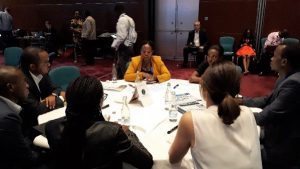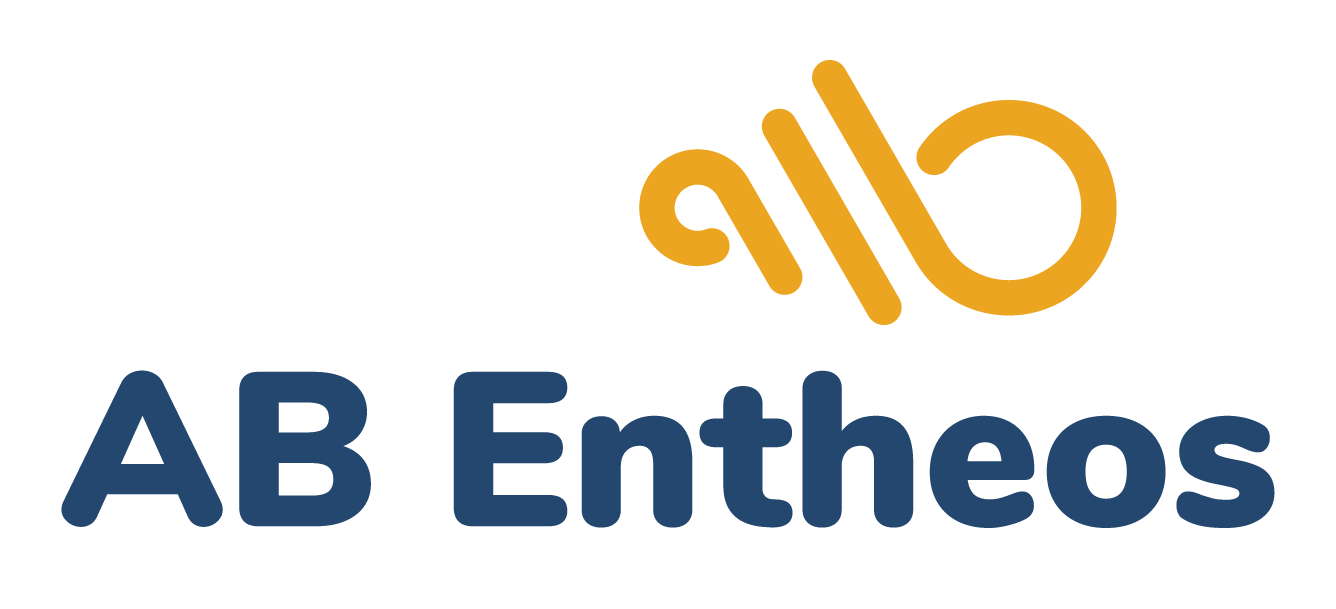Kenya has over 95% mobile phone penetration, 90% mobile banking penetration (with MPESA having changed the money landscape in the continent) and is a leading economic power in East and Central Africa. In spite of this, insurance penetration in the country is significantly low in the country, at only 3% of the country’s GDP. The Africa 3.0 conference was held in Nairobi on the 15th and 16th July, to discuss ways in which a variety of stakeholders can collaborate in sealing the insurance gap. A special focus was given to ways in which technology can be leveraged to address this. The conference attracted a variety of stakeholders ranging from government, insurance companies, tech start-ups among others.

AB consultants had the opportunity to pitch during the first day of the conference through its’ insurtech’s solution CoverApp and also hosted a breakout session on the second day. The session titled “Insurtech: Better customer experiences, reclaiming trust” explored how insurtech solutions can be used to reclaim the trust of consumers and overall improve the customer experience. The discussion was guided by 3 key questions:
- When does the customer experience of an insurance product/service begin?
- What are the major pain points in the customer journey and experience?
- Where do you see opportunity for Insurtech to ease the pain and reclaim trust in insurance?

The first question took an interesting turn when above the expected answers of the insurance customer experience journey beginning when a product is purchased, it was mentioned that the journey begins way before that. The customer experience is heavily influenced by the experiences of others who more often than not share negative experiences of their own insurance journey. This perspective beautifully tied into the insurance pain points which centred on the complexity of insurance. This included the amount of premiums to be paid, the amount of paperwork needed and the long claims process. In addition to these complexities, there was a concern that there is lack of information, transparency and clarity when it comes to insurance products. Consumers are barely properly educated on insurance products and in the event that they are, there is usually a disconnect between how the product is marketed and sold to them, and what they actually get. To put it in to perspective, a participant mentioned how trust is usually expected from the consumer, but the insurance industry rarely returns the same courtesy to its customers.
Insurtech was seen as a welcome solution to these pain points due to the following reasons:
- It has the ability to simplify the claims process through digitization
- Internet of things can be used to monitor people’s behaviour, to provide a more accurate verification process
- It gives an opportunity to digital agencies and intermediaries to settle certain level of claims and therefore relegating some responsibilities off the insurance companies for quicker settlements
- It encourages transparency as it is possible to view the entire client’s journey
- It presents an opportunity for the use of data/big data will enable risks to be quantified better
The conference came to a close on the evening of the 16th with a renewed outlook on insurtech being the future of insurance in Africa.




